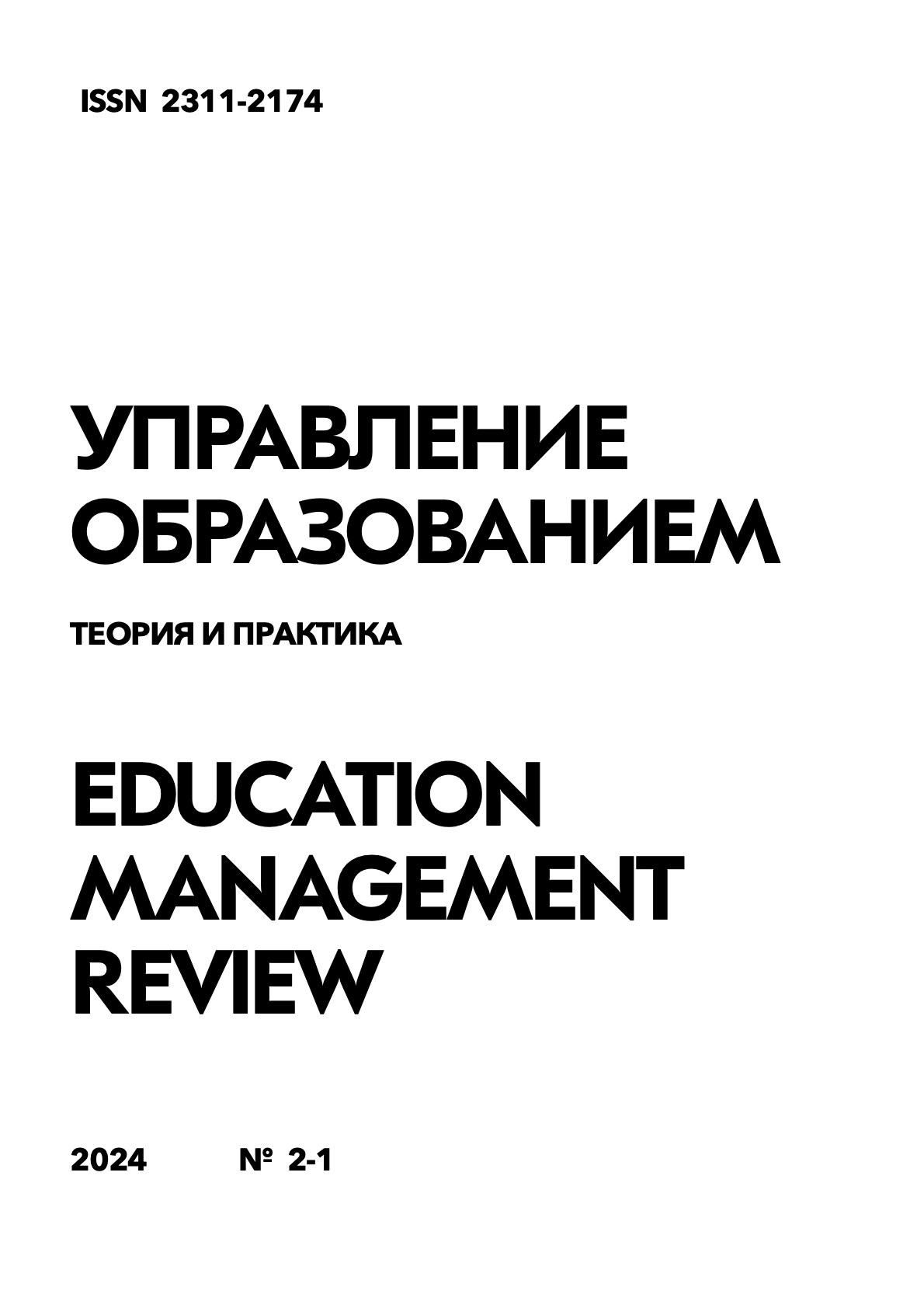Game simulation as innovative technologies in the humanities for university students
DOI:
https://doi.org/10.25726/r6648-2794-6510-eKeywords:
game modeling, innovative technologies, clip thinkingAbstract
The relevance of the study is due to the increasing role of clip thinking among students and the need for both the formation of critical thinking and the need to interest in the study of the humanities through educational technologies, in particular game modeling technology. The purpose of the study is to analyze the technology of game modeling using the example of practical exercises. This study examines the genesis of game modeling technology, allowing us to observe how the idea of the significance of this technology was formed. Statistical data on the number of university students studying in technical specialties is presented in order to analyze educational methods to increase the efficiency of mastering the humanities using the example of practical classes using game modeling. This article provides a detailed analysis of a practical lesson using game modeling technology using specific examples in the discipline «Fundamentals of Russian Statehood». Using the example of a discussion of such a political science topic as «Political Parties of Russia», ways to attract the attention of the entire audience to the discussion of issues are shown. This study has proven the advantages of game modeling technology, which are expressed both in the active formation of critical thinking among students and in increasing student interest.
References
Аристотель. Политика. Пер. С.А. Жебелев, под общ. ред. А.И. Доватура. М. АСТ, 2022. 384 с.
Давидчук А.Н. Обучение и игра: метод. пособие. М.: Мозаика-Синтез, 2006. 168 с.
Зевелёва Е.А., Лепилин С.В., Третьякова Н.М. Некоторые аспекты духовно-нравственного воспитания в свете актуальных уроков нашей истории. // Духовно-нравственная культура в высшей школе. Мировой ценностно-мировоззренческий кризис и вызовы дегуманизации: мат. X Междунар. науч.-прак. конф. в рамках XXXI Междунар. Рождественских образовательных чтений. Москва, 24 января 2023 г. Под общ. ред. М.А. Симоновой. Москва: РУДН, 2023. С. 165-172.
Панфилова А.П. Игровое моделирование в деятельности педагога: учеб. пос. для студ. высш. учеб. заведений. Под общ. ред. В.А. Сластенина, И.А. Колесниковой. М., 2006. 21 с.
Платон. Государство. Пер. Егунов А.Н., под общ. ред. А.И. Доватура. М.: АСТ, 2022. 448 с.
Тоффлер Э. Третья волна. Пер. с англ. М.: ООО «Издательство АСТ», 2004. 781с.
Фарнсворт У. Метод Сократа: Искусство задавать вопросы о мире и о себе. М.: Альпина нон-фикшн, 2023. 352 с.
Федеральный закон от 29.12.2012 N 273-ФЗ (ред. от 25.12.2023) «Об образовании в Российской Федерации».

